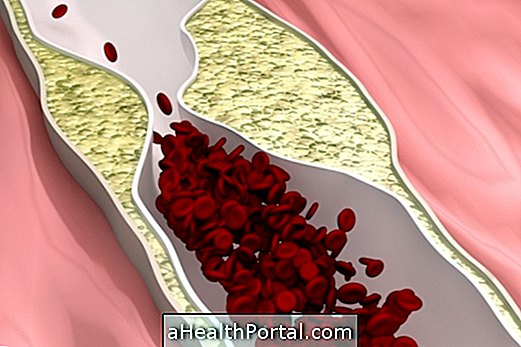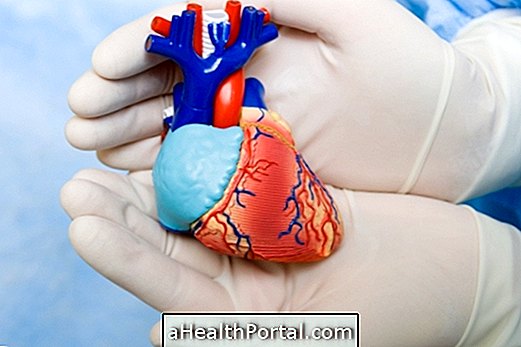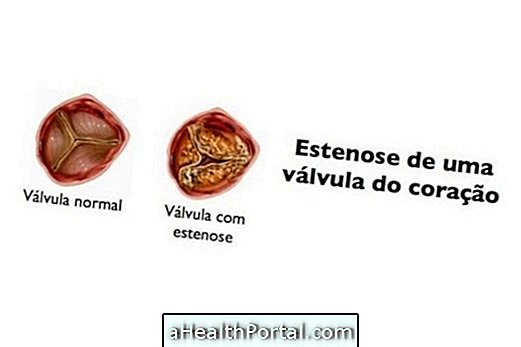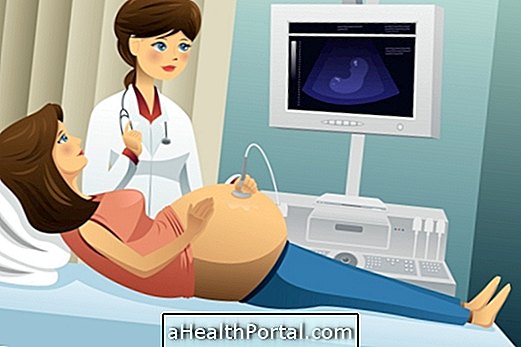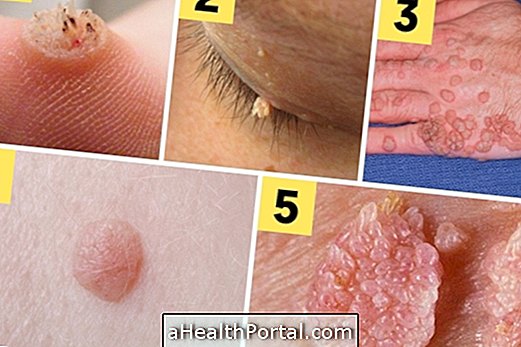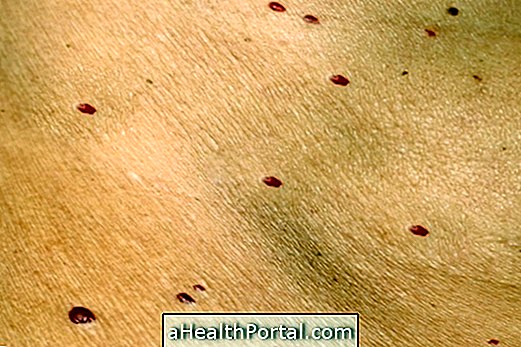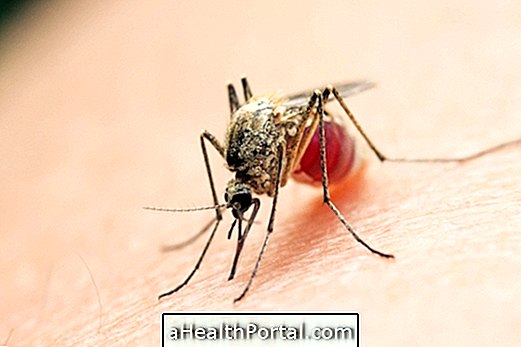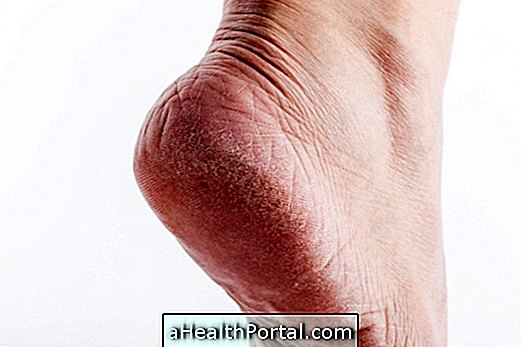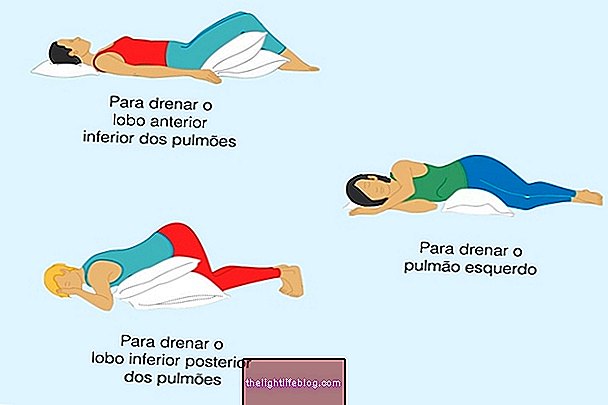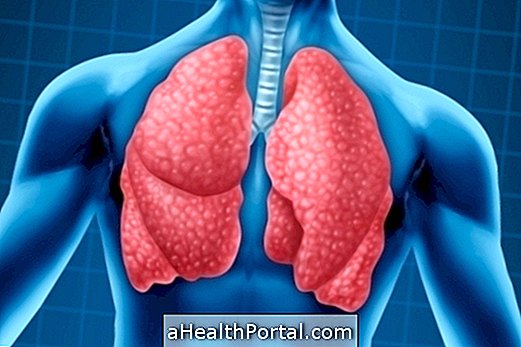Heart disease may be suspected by some symptoms, such as shortness of breath, easy tiredness, palpitations or tachycardia, swelling in the ankles, and chest pain. It is recommended to see a cardiologist if the symptoms are persistent and pre-progressive.
Most heart disease does not come on suddenly, but it develops over time many times without any symptoms. A good part of heart disease is only discovered after routine exams such as the electrocardiogram (ECG) or stress test, for example. When there are symptoms, it is usually indicative that the disease is already in a more advanced stage and it is necessary to treat quickly.
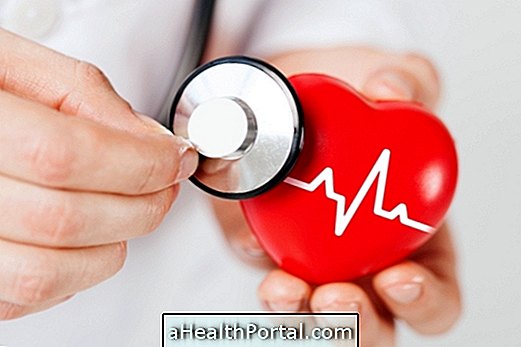
Symptoms of heart problems
The people most likely to develop heart disease are those who are sedentary, obese, have high cholesterol, diabetes or who have a history of heart disease in the family. Take the following test to check for possible heart problems:
- 1. Shortness of breath in rest or exertion Yes No
- 2. Chest pain Yes No
- 3. Dry and persistent cough Yes No
- 4. Bluish color at fingertips Yes No
- 5. Dizziness or fainting Yes No
- 6. Palpitations or tachycardia Yes No
- 7. Swelling in the legs Yes No
- 8. Excessive tiredness for no apparent reason Yes No
- 9. Cold sweat Yes No
- 10. Nausea or loss of appetite Yes No

It is important that people who are within risk factors for heart disease are regularly followed up by the cardiologist and perform periodic examinations, in addition to having special attention to health, improving eating habits and practicing physical activities.
How to confirm heart disease
As soon as the first symptoms of heart disease appear, it is important to go to the cardiologist for the diagnosis and treatment to be started as soon as possible.
Confirmation of heart problems should be made by the physician through tests to evaluate the shape and function of the heart, such as chest X-ray, electrocardiogram, echocardiogram, and stress test, for example. In addition, the cardiologist may recommend laboratory tests, such as troponin, myoglobin, and CK-MB, which may be altered during an infarction, for example. Learn more about exams to assess heart function.
How to prevent heart disease
To prevent heart disease, healthy eating with little salt, sugar and low fat is recommended, as well as regular physical exercise. Those who do not have free time should make wise choices, such as avoiding the elevator and climbing stairs, not using the remote control and getting up to change the TV channel and other attitudes that make the body work harder and spend more energy.

